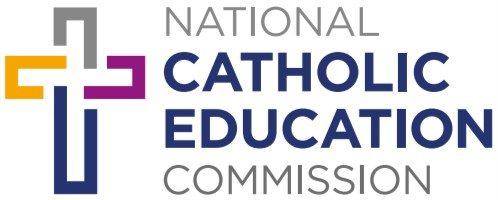Linda Bain is a dedicated and experienced educator who has served in Catholic education for 28 years. She is currently based at St Patrick’s School, Mansfield Park, Adelaide, a small, inclusive parish school situated in the northwestern metropolitan area of Adelaide. Throughout her career, Linda has primarily worked in classroom teaching, with a strong focus on middle to upper primary education. Her professional interests lie in literacy, numeracy, science, STEM, and digital technologies, where she strives to create engaging, inquiry-driven learning environments that nurture curiosity, critical thinking, and a lifelong love of learning.
For the past four years, Linda has held the position of Leader of Learning for Reception to Year 6 in varying time fractions. In this role, she provides strategic support to both staff and students across all primary year levels, with a particular emphasis on enhancing literacy and numeracy outcomes. Her commitment to evidence-based practice and continuous improvement underpins her leadership and teaching approach.
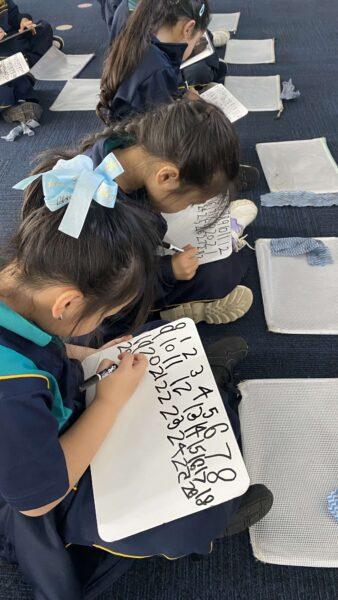
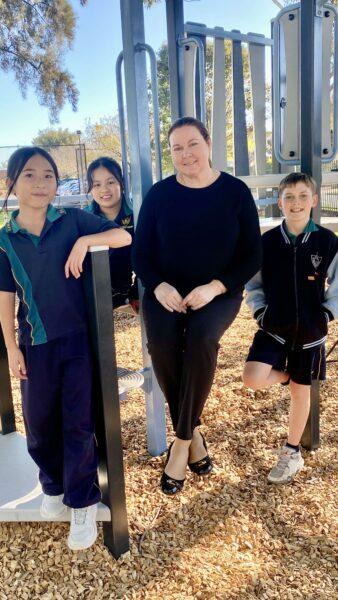
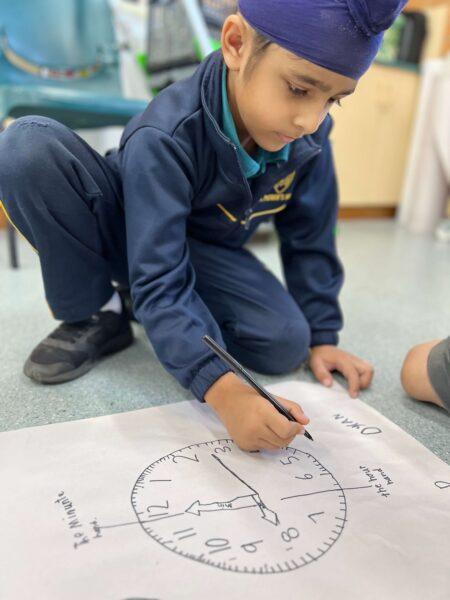
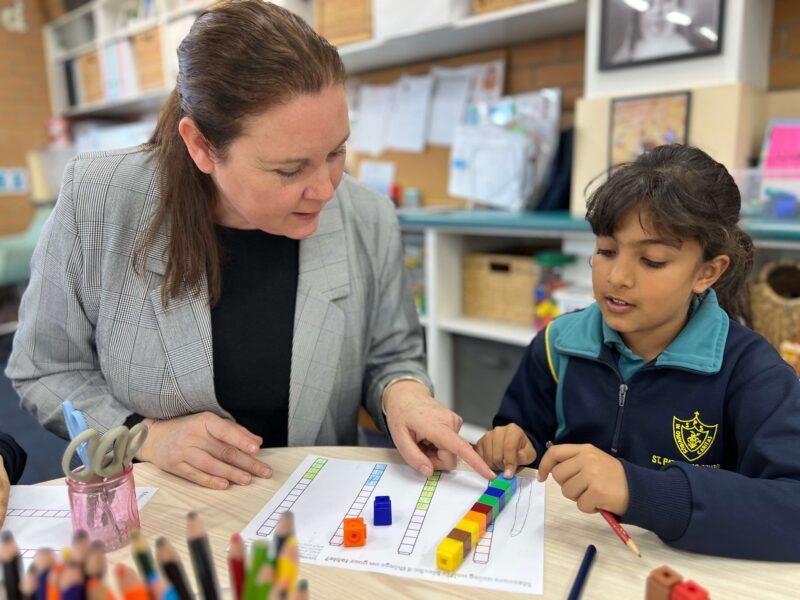
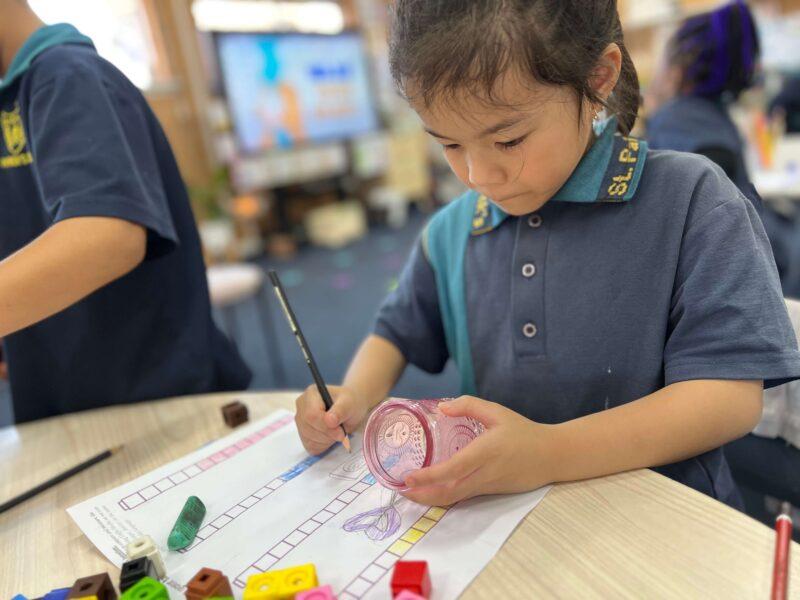
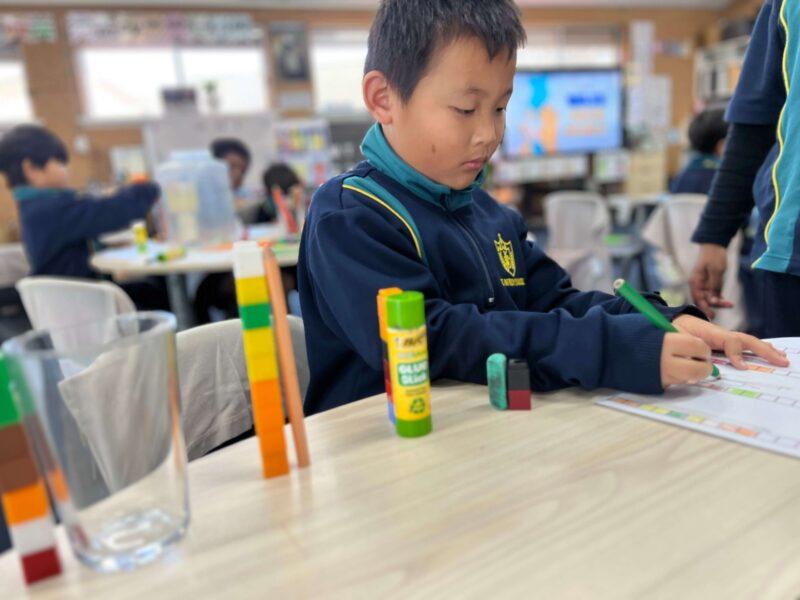
What inspired you to become a teacher?
In reflecting on my own educational journey, I am particularly struck by the enthusiasm, passion, and genuine care my own teachers brought to their work. I felt seen, valued, and supported, not only as a learner but as a person. It was clear they were deeply invested in my growth and wellbeing. I wanted to be that person for someone else. My passion lies in recognising each student’s unique strengths, guiding them in discovering their abilities, and inspiring them to strive for both personal and academic success. By sparking curiosity, nurturing critical thinking, and cultivating a lifelong passion for learning, I can create a lasting impact. Teaching is one of the few professions where your influence doesn’t fade with time. I believe that students carry the support, guidance, and inspiration of their teachers with them, often long after they’ve left the classroom.
Can you share a moment in your career where you really felt you made a difference?
Throughout my career, I have been fortunate to experience many deeply rewarding and humbling moments. One of the most meaningful and surprising was when former students returned to Saint Patrick’s School at our recent 60th birthday celebration day to share their personal journeys, achievements, and future aspirations. It is especially touching to hear (often through conversations with parents) that something I said or did during their time at Saint Patrick’s School had a lasting and positive impact. Just knowing I played even a small part in a student’s life journey is a powerful reminder of the lasting influence teachers can have.
Equally fulfilling are the moments in the classroom when students are provided with opportunities to truly excel. One example of this was when I led an initiative in the upper primary classes that focused on the design thinking process through project-based learning. This learning sequence was thoughtfully designed to encourage cross-curricular connections, critical thinking, and creativity. After working successfully together in small project groups, our Year 5 and 6 students showcased their learning at two STEM expos, ultimately winning a category in one of the competitions. These expo events showcased more than just the students’ technical abilities and creativity, they also highlighted their collaboration skills, ownership of learning, and confidence in presenting their work. What stood out most to me was watching students clearly express their ideas, effectively use digital tools, and thoughtfully reflect on the challenges they had overcome. Among these moments, the achievements of our EAL/D students were particularly inspiring. Their articulate presentations and insightful reflections reinforced the power of inclusive and supportive learning environments. It was a powerful reminder of the value of authentic learning experiences. As their teacher, I felt incredibly proud of their achievements and the way they represented both themselves and our school community.
How do regular meetings with your year team and school leadership team help you determine which students are improving, which need personalised tailored support, and what are the next steps to support them?
I’m privileged to be part of the leadership team at Saint Patrick’s School, Mansfield Park, where student learning drives every decision. In 2024, a renewed focus on numeracy was flagged in response to data indicating a plateau in students’ number sense and place value understanding across year levels.
To address this, we adopted the Australian Curriculum v9’s Numeracy Progression (General Capability) as a framework to assess student ability and guide targeted instruction. Staff engaged in professional learning to analyse work samples and plot students along the progression. This informed the development of a whole-school numeracy data wall which was co-constructed by teachers to be used as a dynamic tool to track progress, evaluate teaching impact, and adjust instruction in real time.
A key component of this initiative has been the introduction of case management meetings, inspired by Lyn Sharratt’s Clarity model, more specifically. These collaborative sessions focus on student progress using diverse data sources, allowing teachers to set clear, measurable goals and share effective strategies. Case management meetings have become a valued part of our school culture, driving collaboration, data-informed teaching, and tangible improvements in mathematics. Teachers report that the impact extends beyond focus students, enriching learning across classrooms within their numeracy blocks.
How does your faith shape your teaching approach?
Faith deeply shapes my approach to education, calling me to recognise the inherent dignity and worth of every learner. This belief forms a commitment to inclusive and differentiated practices, and to a whole school culture where all students feel seen, valued, and capable of growth. I view teaching as my vocation, an opportunity to serve others with compassion, humility, and patience. A quiet belief in second chances and fresh starts, has always guided me to respond to student setbacks and various social and academic challenges as opportunities for transformation and personal growth. Above all, I strive to model the values of love, justice, humbleness and grace not only in what I teach, but in how I lead and relate to others. As Saint Mary MacKillop reminds us, “We must teach more by example than by word”.
What’s the most rewarding part of teaching in a Catholic school?
There is something special about being part of a Catholic school where students are encouraged to be themselves, where staff genuinely support one another, and where the love of Christ is felt in everyday moments. It is this shared faith and purpose that make the work so meaningful. We are not just helping students succeed in school, we are helping shape who they are as people, grounded in kindness, empathy, and service. Our faith is not something we only talk about, instead it is a big part of everything we do. Every subject, every conversation, every act of care becomes a chance to live out our values.
One of the most meaningful parts of Catholic education is the deep sense of community and belonging it fosters. It is a privilege to journey alongside students, families, and colleagues through life’s highs and lows, all united by a shared commitment to caring for the whole person. Moments of prayer, learning, and everyday kindness remind us of the heart behind our work. We encourage students to strive for excellence not just in their studies, but in becoming the best version of themselves. My goal is to help them grow into confident, compassionate individuals who are ready to lead and make a difference. Whether through service projects or small acts of generosity, helping them see their ability to shape a more hopeful, loving world is why I teach.
What do you think is the most valuable role Catholic education plays in today’s society?
With our students growing up in today’s fast-paced and often overwhelming world, I’ve come to deeply appreciate the role Catholic education plays. It is not just in nurturing academic success, but in shaping who they are as young people. With environmental issues and social pressures constantly in the spotlight, it is easy to feel lost in the noise of achievement, comparison, and a culture that often encourages disposability of things, of time, even of people. Catholic education, though, offers something different: a grounding in values that remind us of our shared humanity. It invites us to lead with compassion, to reflect with conscience, and to see our worth beyond grades or social media likes. The sense of belonging Catholic education fosters among students, families, and the wider Church community has been, for many, a source of strength and comfort. In a world that can feel increasingly disconnected, the emphasis on dignity, justice, service, and hope gives young people a compass to navigate life not just with confidence, but with purpose and faith.
